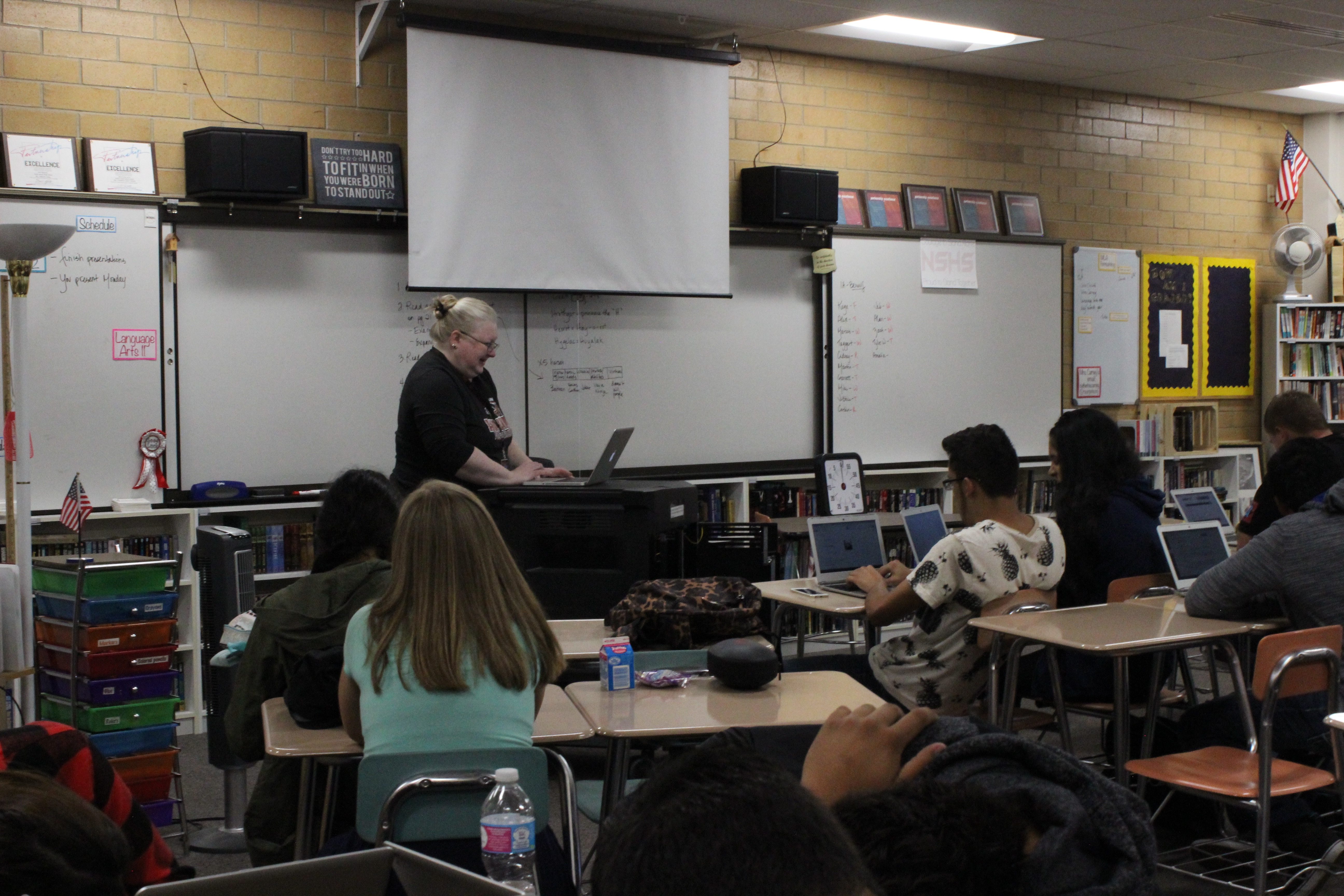Over the summer, the Utah State Board of Education adopted a new law in an attempt to combat the state’s growing teacher shortage problem. This law allows schools to hire teachers with professional experience in a certain field but who may not have teaching experience or even a teaching license.
In 2010, 2,417 new teachers began their careers in Utah schools. Almost 400 of them didn’t come back the next year. Within 5 years, only 58 percent of the group remained, with more than 1,000 teachers having left the profession, according to the Utah State Office of Education and a recent Deseret News article. This law will help the immediate teacher shortage problem, and is more beneficial to small schools like NS than the bigger schools.
“We have some good, capable teachers right now who don’t have their teaching licenses,” Cox said, “but they’ll be great teachers, and we’d be significantly understaffed without them.”
However, the path to receive a teaching license isn’t the only reason for teacher shortages. It’s a combination of several other things as well, and if these issues aren’t addressed, not much is going to change.
“The biggest issue is the pay,” said business teacher Justin Morley. “It’s a good job with good benefits and a good schedule, but at the end of the day you still have to pay your bills and not everyone can go work a second and third job to do that.”
In his area, computer science, teachers make a third of what they could make if hired in any other given business.
“Every time they raise our salary, they cut our retirement and insurance so much that it’s not worth it,” English teacher Kate Carney said. “In today’s society, I wouldn’t choose to become a teacher.”
The salary is especially disappointing when compared to the amount of work that goes into being an educator.
“Teaching is one of those things where if you really want to be good, it requires a tremendous amount of work, and it’s incredibly demanding,” said counselor Ben Cox.
Another thing that comes into play is the general lack of respect and appreciation for all that teachers do.
“People need to stop belittling us,” Carney said. “They don’t understand what it takes to help prepare students for college and careers.”
Teachers are preparing the next generation for every occupation, and they are often overlooked and not valued as much as they should be.
“If we could, as a society, have a paradigm shift that gives more respect to the profession of education,” assistant principal Jeff Erickson said, “that would be a big step in recruiting and getting more good teachers.”
Although this law will bring in more new teachers, more will also leave, which creates an ineffective cycle.
“One of the worst things you can do for students is give them a first or second year teacher,” Cox said. “Not that they’re bad, but they’re learning, and it takes at least a couple of years to get the hang of it. Constantly cycling students through inexperienced teachers is a problem in itself.”
It seems, at least according to some teachers, that the board should be looking to increase compensation to teachers, rather than simply making it easier to become a teacher.
“The law in itself isn’t terrible,” Cox said, “but the biggest problem is that it doesn’t really address the underlying issue, so it won’t help in the long run.”



